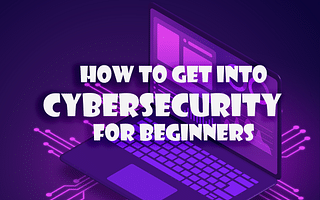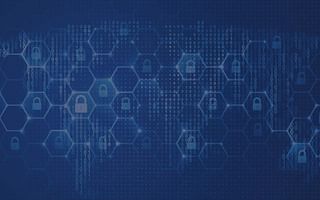Caleigh Gutkowski is a distinguished cybersecurity expert with over ten years of experience in the technology sector. Her expertise lies in detecting and preventing network intrusions. Caleigh is renowned for her talent in demystifying intricate security notions for the ordinary user.
Protecting yourself against cyber threats is crucial in today's digital world. Cybercriminals are constantly evolving their tactics, making it essential for individuals to stay vigilant and implement effective security measures. Here are some cybersecurity best practices and network security tips to help you safeguard your digital life:
1. Use strong and unique passwords: Create strong passwords that are at least 12 characters long and include a mix of letters (upper and lower case), numbers, and special characters. Avoid using the same password for multiple accounts.
Password Strength Guidelines
| Guideline | Description | Example | Importance |
|---|---|---|---|
| Length | Passwords should be at least 12 characters long | Abc123!@#XYZ | Longer passwords are harder to crack |
| Mix of Characters | Include a mix of upper and lower case letters, numbers, and special characters | aBc123!@# | This increases the number of possible combinations, making the password harder to guess |
| Uniqueness | Avoid using the same password for multiple accounts | Password for Account A: Abc123!@#XYZ, Password for Account B: Xyz!@#123ABC | Using different passwords for each account prevents a breach on one account from affecting others |
| Avoid Personal Information | Avoid using easily guessable information like birthdays, names, etc. | Bad: John1980!, Good: Jn!80@Xyz123 | Personal information can be easily found or guessed by hackers |
2. Enable two-factor authentication (2FA): 2FA adds an extra layer of security by requiring a second form of verification, such as a fingerprint scan or a unique code sent to your mobile device, in addition to your password.
3. Keep your software up to date: Regularly update your operating system, web browsers, and other software to ensure you have the latest security patches. Enable automatic updates whenever possible.
4. Be cautious of phishing attempts: Phishing emails, messages, or calls are designed to trick you into revealing sensitive information. Be skeptical of unsolicited communications and avoid clicking on suspicious links or downloading attachments from unknown sources.
5. Use a reliable antivirus and anti-malware solution: Install reputable security software on your devices and keep it updated. Regularly scan your system for malware and remove any threats that are detected.
6. Secure your home network: Change the default username and password on your router, enable network encryption (WPA2 or higher), and regularly update your router's firmware. Also, consider using a firewall to monitor and control incoming and outgoing network traffic.
7. Backup your data: Regularly backup your important files and data to an external hard drive, cloud storage, or both. In the event of a cyber attack or hardware failure, you can restore your data without paying a ransom or losing valuable information.
8. Be cautious on public Wi-Fi: Public Wi-Fi networks can be insecure, making it easier for cybercriminals to intercept your data. Avoid accessing sensitive information or making financial transactions while connected to public Wi-Fi. If necessary, use a virtual private network (VPN) to encrypt your internet connection.
9. Practice safe browsing habits: Be cautious when visiting websites, especially those that are unfamiliar or have a poor reputation. Avoid clicking on suspicious ads, and be mindful of the information you share online.
10. Stay informed: Keep up to date with the latest cybersecurity news, trends, and best practices. Educate yourself about common cyber threats and how to recognize and avoid them.
Remember, cybersecurity is an ongoing process, and no security measure is foolproof. By implementing these practices and staying vigilant, you can significantly reduce your risk of falling victim to cyber threats. Stay safe and protect yourself in the digital world!















